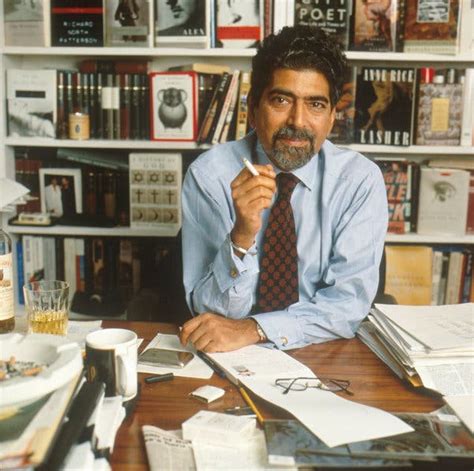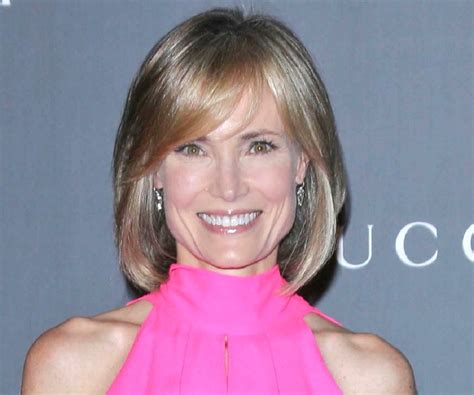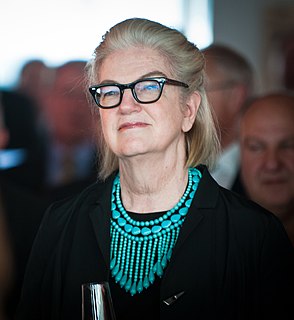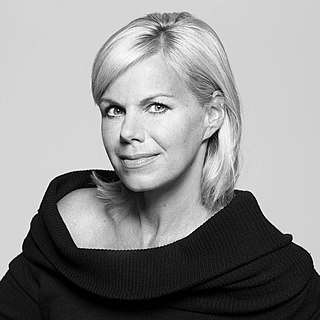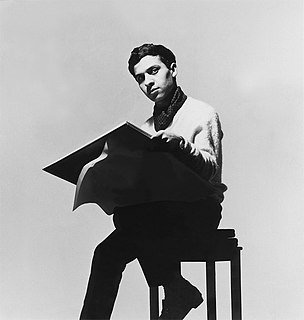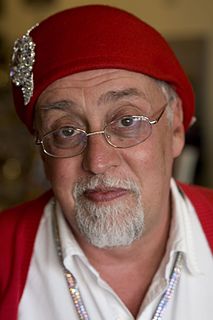A Quote by Rebecca Serle
In her book 'Lean In: Women, Work, and the Will to Lead,' Sheryl Sandberg talks about the mentor/mentee relationship - and how it needs to be organic. She goes on to explain how important it is for men and women to step into mentoring roles. I would argue that not only is it important - but it's important far earlier than we think.
Related Quotes
Here's my feeling: For everyone, men and women, it's important to be a feminist. It's important to have female characters. It's wonderful for women to mentor other women, but it's just as important for women to mentor men and vice-versa. In my line of work, having Greg Daniels be such a great mentor to me is fantastic. Finding a writer's assistant, be it a man or a woman, and encouraging them to think with a feminist perspective, is key.
Sheryl Sandberg and Marissa Meyer have already accomplished more than most. I think the sky is the limit for them professionally. If they can inspire more women to "lean in," as Sandberg so famously describes it - to pursue a career and a family - that would be an incredible accomplishment. If they can, by their example as hands on mothers and high powered executives, show young women that they don't need to leave the workplace when they have children, they will be superheroes.
Eleanor Roosevelt once said, ‘No one can make you feel inferior without your permission.’ With stories from her own life and data carefully researched, Sheryl Sandberg reminds women that they have to believe in themselves and reach for opportunities. More women than men may need that advice, but I'd bet that both genders would profit from this very well-done book
Feminism as a movement for political and social equity is important, but feminism as an academic clique committed to eccentric doctrines about human nature is not. Eliminating discrimination against women is important, but believing that women and men are born with indistinguishable minds is not. Freedom of choice is important, but ensuring that women make up exactly 50 percent of all professions is not. And eliminating sexual assaults is important, but advancing the theory that rapists are doing their part in a vast male conspiracy is not.
claims about what's 'natural' have long been used to reinforce traditional gender roles and values. ... Even the notion that women should have children at all is based on the idea that a woman's inherent and most important role is that of mother. Shockingly, men's 'innate' roles are a lot more fun than the ones bestowed on women.
If you just look at the number of roles for women versus the number of roles for men in any given film, there are always far more roles for men. That's always been true. When I went to college, I went to Julliard. At that time - and I don't know if this is still true - they always selected fewer women than men for the program, because there were so few roles for women in plays. That was sort of acknowledgment for me of the fact that writers write more roles for men than they do for women.
If women had power, what would men be but women who can't bear children? And what would women be but men who can?" "Hah!" went Tenar; and presently, with some cunning, she said, "Haven't there been queens? Weren't they women of power?" "A queen's only a she-king," said Ged. She snorted. "I mean, men give her power. They let her use their power. But it isn't hers, is it? It isn't because she's a woman that she's powerful, but despite it.
The issue of redistribution of resources and wealth needs to resolved systemically, but in the meantime but there are individual spots you can occupy. There are things that you can do on a daily basis that will make a difference in moving the needle in individual lives. When we look at the mentoring of young black kids, for instance, the number-one mentor group is white women. I think after that maybe it's black women, and then white men, and then black men. We can make all kinds of arguments about that.


